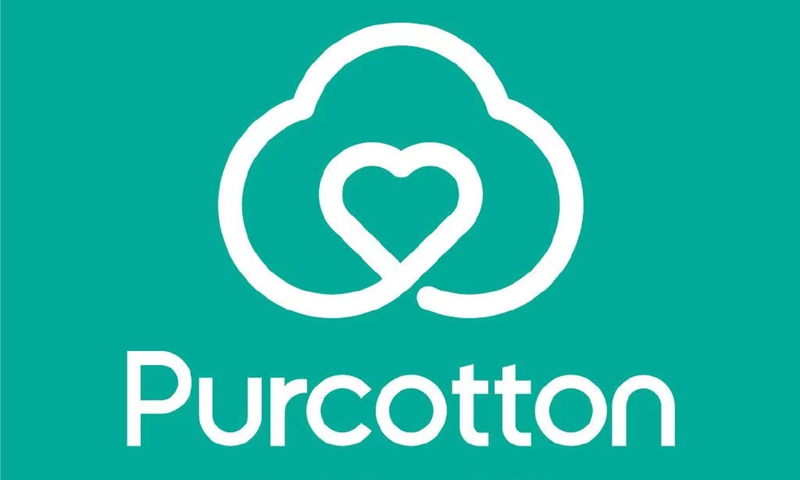ARTS / CULTURE & LEISURE
First official guidebook on gender equality in advertisement published in South China’s Shenzhen after controversial Purcotton ad

Photo: Purcotton Sina Weibo
The local government in Shenzhen, South China’s Guangdong Province, has launched an official guidebook to identify and prevent gender discrimination in advertisement following a huge controversy caused by a commercial from PurCotton, a brand based in the city.
The guidebook, the first to be published in the Chinese mainland according to Worker’s Daily, received many compliments from media and netizens when it was published on Friday.
The guidelines outline instances of sexism in advertising, listing six types of ads that can be considered containing gender discrimination such as sexual cues, degrading and insulting the human body, as well as emphasizing a subordinate role or status for women.
Four methods to regulate gender discrimination in advertising, including supervision of local government and the society were also mentioned in the guidebook.
Advertising agents and advertising publishers bear the main responsibility for gender equality in advertising. They are required to strengthen propaganda and education and carry out regular training to increase gender equality in advertising.
Telephone numbers for report and complaints were included in the guidebook so people who notice ads with gender discrimination can report them.
“Compared with other forms of art, advertising can spread more widely and has much more diverse communication channels, which might be easier to mislead consumers,” Shi Wenxue, a cultural critic based in Beijing, said, explaining the reasons why the government has attached such importance to the advertising industry.
He told the Global Times on Wednesday that it is also necessary to be aware that there still are no unified standards for the identification of sexually suggestive material and sexism. Due to this, there may still be some fuzzy areas when it comes to the implementation of the guidebook.
Yang Hong, a lawyer specializing in women and children rights, is also worried about the effectiveness and implementation of the guidebook.
Some punishments are included in the guidelines, such as being banned from broadcasting ads to the public, but Yang said that since they are local regulations they will be limited to the city.
“The guidebook is a progressive measure to combat sexism as it can rein in gender discrimination in ads. If a related law could be launched based on these guidelines, the impact would be greater,” she added.
A promotion for PurCotton’s make-up remover wipes, the controversial commercial shows a stalker in an alley at night. When the stalker catches up to an attractive woman, she uses a PurCotton wipe to remove her make-up and reveals a funny-looking man’s face underneath, which appears to disgust the stalker.
The ad has been seen as disrespecting women, associating their safety with appearance and treating the serious issue of violence against women as entertainment.
Some netizens commented on Sina Weibo that PurCotton’s ad was not a single example of such discrimination and that the idea behind it may have come from a Japanese ad that aired years ago.
“Many ads have made fun of women’s appearance and body shape to popularize their goods, some for sports drinks and some for make-up. Now there are finally regulations taking aim at the chaos in commercials,” one netizen wrote on Sina Weibo.




